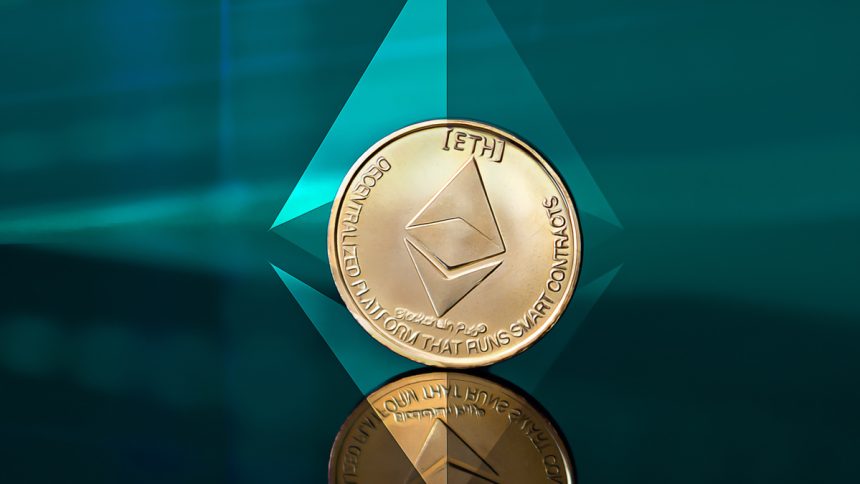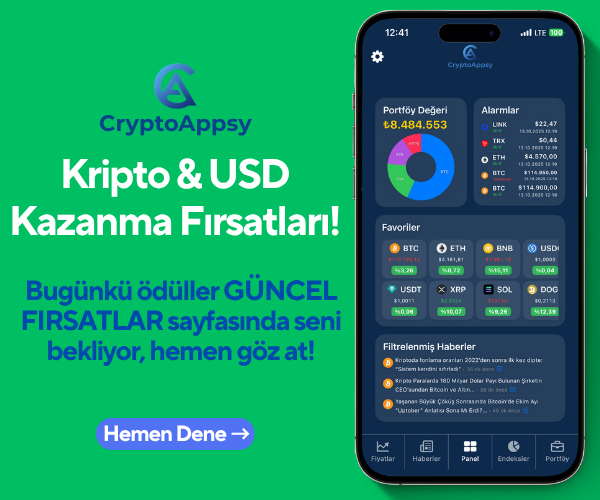largest altcoin Ethereum  $3,011.35‘s co-founder, Vitalik Buterin, warned that the influence of giant asset managers such as BlackRock on Ethereum could reach dangerous levels. Speaking at the Devconnect conference in Buenos Aires, DLNewsAccording to the news, Buterin stated that the influx of institutional capital puts Ethereum under two main threats: the disintegration of the community base and the centralization of the technical infrastructure.
$3,011.35‘s co-founder, Vitalik Buterin, warned that the influence of giant asset managers such as BlackRock on Ethereum could reach dangerous levels. Speaking at the Devconnect conference in Buenos Aires, DLNewsAccording to the news, Buterin stated that the influx of institutional capital puts Ethereum under two main threats: the disintegration of the community base and the centralization of the technical infrastructure.
Corporate Influence Threatens Ethereum’s Identity
According to Buterin BlackRockThe growing presence of ‘s and similar institutions contradicts Ethereum’s core values. Wall Street-based funds currently hold over $18 billion in ETH, with the same amount of assets in corporate treasuries. Analysts predict that in the short term, all these institutions could control more than 10 percent of Ethereum’s supply. Buterin, on the other hand, evaluates this development as “a danger that looks like success.”
Stating that Ethereum’s permission-free and censorship-resistant structure, shaped according to the demands of financial giants, will disrupt the nature of the network, Buterin said that such pressures also alienate the developer community. “The community wants to build for free financial systems, not for Wall Street,” he said. He also emphasized that if developers leave, Ethereum’s technical and ideological durability will weaken.
Wrong Technical Choices and Centralization Risk Comes to the Fore
Buterin’s second warning was for technical decisions. He stated that corporate pressure could lead to choices in Ethereum’s infrastructure that exclude ordinary users. As an example, he suggested block times lasting one-tenth of a second. Although fast transactions may be attractive to institutional investors, Buterin says this will make it almost impossible to run nodes outside of New York.
He stated that such changes would transform Ethereum from a global network into a geographically centralized system that can only be hosted in data centers. “Wall Streetalready has fast systems. “The value of Ethereum lies in its ability to be accessed from anywhere in the world without permission,” he said, emphasizing the free structure of the protocol.
As a solution to the fundamental problems posed by Buterin, he stated that Ethereum’s focus should remain as a global, censorship-resistant and free-access protocol. In this regard, he underlined that the community should focus on preserving the principles of freedom and accessibility rather than institutional adoption.





